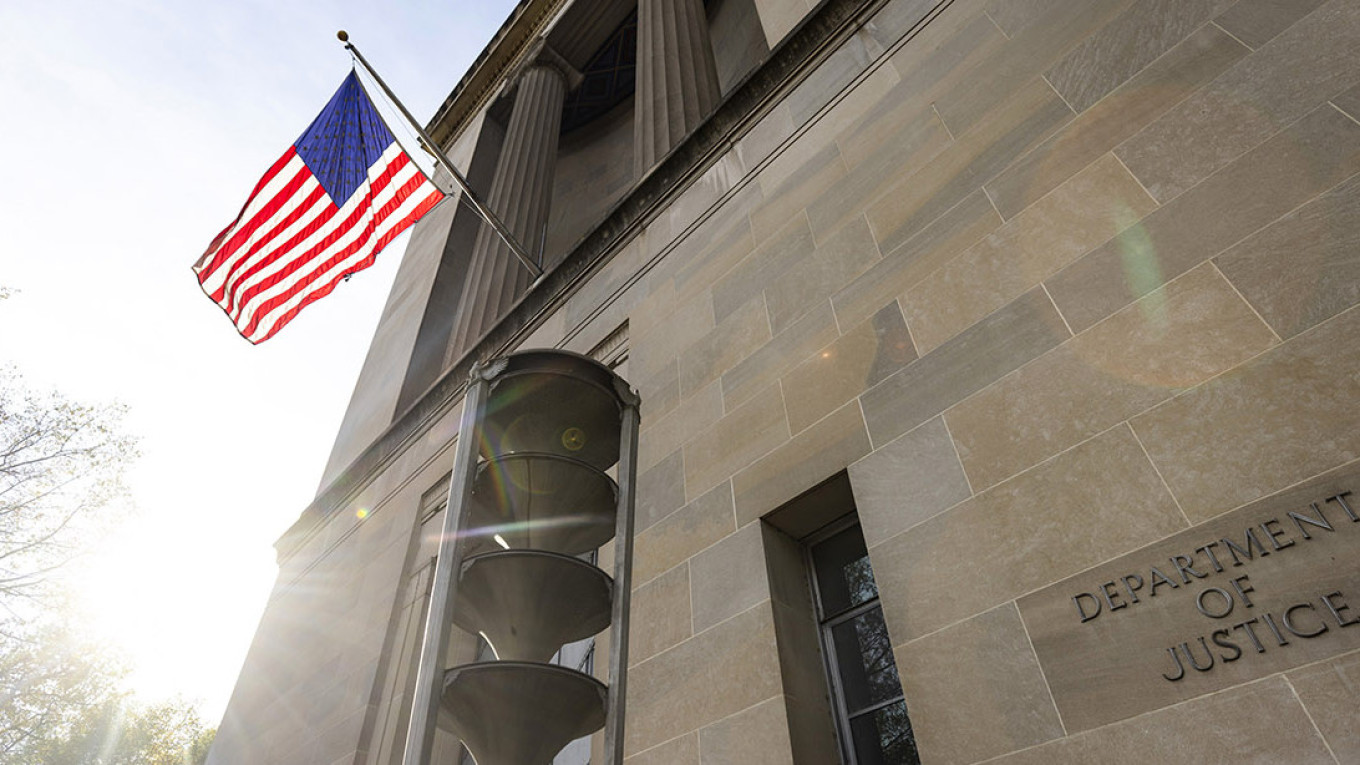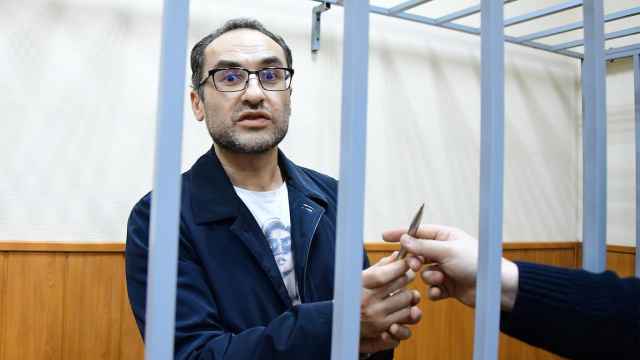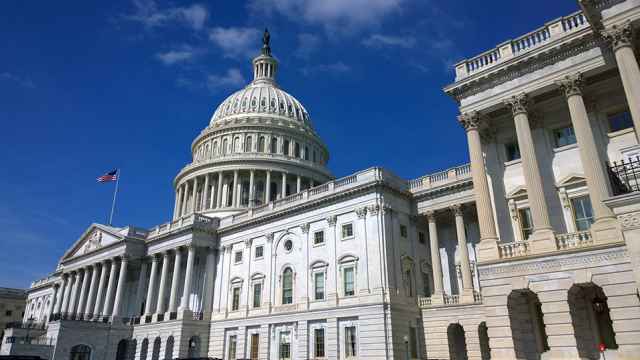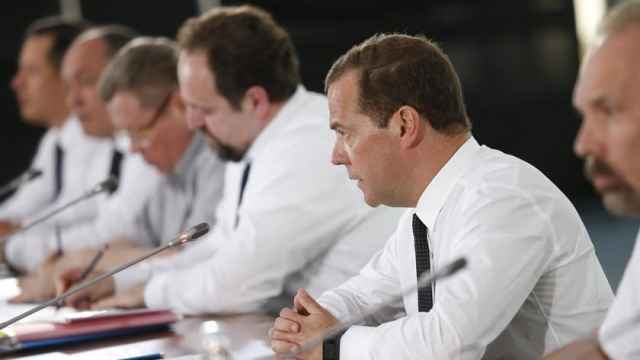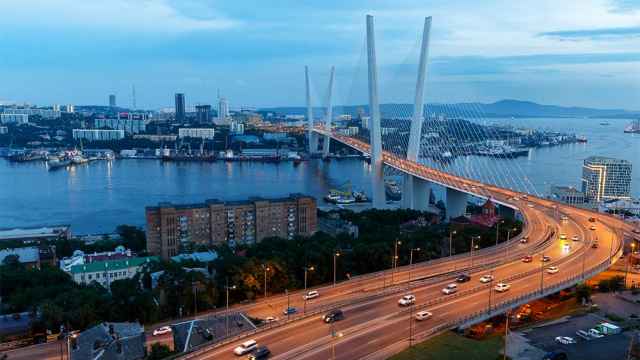On Feb. 6, new U.S. Attorney General Pam Bondi issued a series of new directives from President Donald Trump’s administration outlining her office’s priorities. Taken together, they represent not just a shocking move away from Washington’s previous efforts to target kleptocrats and oligarchs, but represent the single-worst day ever seen in the history of U.S. anti-corruption efforts, standing to benefit every oligarch and kleptocrat around the world, especially in places like Russia.
The directives effectively gut some of the U.S.’s most effective counter-kleptocracy tools and resources. They open the door to the kinds of crooked oligarchic networks that previous administrations had made headway against. Moreover, they make sanctions enforcement, especially against Russians, far more difficult.
While many of the directives are bogged down in legalese, it is worth going through some of them to get a sense of just how little the Trump administration is now prioritizing the fight against kleptocracy.
First, Bondi announced that her office would effectively gut the Foreign Agents Registration Act (FARA) regulations that bring transparency to the U.S.’s foreign lobbying sector. While Bondi said that she would focus on targeting lobbying crimes “similar to more traditional espionage,” this completely leaves out acts like lobbying for image management or lifting sanctions — two of the primary areas where foreign oligarchs have hired lobbyists. Indeed, the move risks making FARA effectively toothless against kleptocrats, leaving all of us in the dark about what these figures are hiring American lobbyists for.
Similarly, Bondi announced that she would eliminate the FBI’s Foreign Influence Task Force. While this body was relatively new, it was the only one in the U.S. specifically dedicated to unearthing the kinds of influence and infiltration schemes launched by the Kremlin and other malign regimes. A direct outgrowth of Russia’s efforts to interfere with the 2016 election, the body had already made significant headway in uprooting these influence networks in Washington and beyond. Now, it is gone.
Bondi also pronounced that the U.S. would effectively gut two other key pieces of legislation aimed at stamping out foreign corruption. The Foreign Corrupt Practices Act (FCPA), passed in the 1970s, blocked U.S. businessmen from bribing foreign officials. The more recent Foreign Extortion Prevention Act (FEPA) served as a companion of sorts, making it illegal for any foreign officials to demand bribes from U.S. businesses. Both pieces of legislation served as the bedrock of the American anti-corruption regime. Now, the U.S. will apparently focus only on cases related to “smuggling” or the “trafficking of narcotics and firearms,” not on cases where dictatorships and their proxies cozy up with crooked American businessmen.
That is not all. In perhaps the most dreadful move, Bondi announced that her office would completely eliminate anything that targets kleptocrats writ large. As one of her memos outlined, the Trump administration will dissolve bodies like Task Force KleptoCapture, which has investigated and seized assets linked to Russian oligarchs (among others), as well as the Kleptocracy Asset Recovery Initiative, which helped repatriate those looted assets.
These two bodies have always faced an uphill battle. There was never any illusion that they would ever be able to identify or freeze every asset related to those regimes that steal from their own people, or successfully send that money back to those suffering on the ground. However, the U.S. succeeded in seizing and repatriating billions of dollars, putting oligarchic forces around the world on notice that none of their assets were safe. Now, with the flick of her pen, Bondi has undone all of this and eliminated one of the most effective tools in the U.S.’s counter-kleptocracy arsenal.
These moves are, all told, breathtaking. In a single day, the U.S. has eliminated or kneecapped its most successful and most prominent counter-kleptocracy tools. Years of progress have suddenly been undone, hobbling ongoing efforts to hold the crooked and the corrupt to account.
Still, it is worth noting that none of these moves are especially surprising. As a former lobbyist for the Qatari dictator, Bondi could hardly be a fan of foreign lobbying regulations. Trump himself had previously described the FCPA — the decades-old law that launched the U.S.’s efforts to target corruption — as “horrible.” Trump has long been cozy with those aiding the Kremlin, not least former campaign manager Paul Manafort or former National Security Advisor Mike Flynn. These moves from the new administration are part of broader efforts to dismantle efforts to target white-collar crime that could have been anticipated.
But it is one thing to anticipate them and another to watch them play out in practice. Suddenly, whatever pretense the U.S. had of being an anti-corruption crusader has been decimated. Whatever concerns Russian oligarchs — and related figures elsewhere — might have had about being targeted and prosecuted by U.S. officials have gone up in smoke.
If there is a silver lining to these moves, it is that they could all be reversed by a future administration. The legislation behind FCPA and FARA has not been eliminated, meaning that they remain the law of the land, even if they will be largely unenforced. Given how the moves have made the likelihood of massive, sprawling foreign influence campaigns much likelier, it is entirely possible that a future scandal will spur reforms and even the return of the FBI’s foreign influence task force and other kleptocracy initiatives. This is, what happened in both the 1970s (when Watergate helped spark anti-corruption reforms like the FCPA) and the 2010s, when Trump’s first election prompted prosecutors to start enforcing FARA.
That, though, is small comfort to those watching the U.S.’s anti-kleptocracy efforts dissolve in real-time. Other democratic countries can, and should, try to pick up the slack. Places like the European Union should finally pass legislation bringing transparency to foreign lobbyists. Countries like the U.K. and Canada should beef up their prosecutorial teams as much as possible to target oligarchs. Democratic countries around the world should be talking, right now, about creating their own task forces to tackle kleptocracy and putting those plans into action.
But for years the U.S. led the charge, both in terms of prosecutions and assets returned. Now, there is a gigantic hole in the middle of the world’s counter-kleptocracy efforts. The only ones rubbing their hands in glee as a result are the kleptocrats, oligarchs, and dictators suddenly watching the field open up in front of them, knowing that they will never be caught.
A Message from The Moscow Times:
Dear readers,
We are facing unprecedented challenges. Russia's Prosecutor General's Office has designated The Moscow Times as an "undesirable" organization, criminalizing our work and putting our staff at risk of prosecution. This follows our earlier unjust labeling as a "foreign agent."
These actions are direct attempts to silence independent journalism in Russia. The authorities claim our work "discredits the decisions of the Russian leadership." We see things differently: we strive to provide accurate, unbiased reporting on Russia.
We, the journalists of The Moscow Times, refuse to be silenced. But to continue our work, we need your help.
Your support, no matter how small, makes a world of difference. If you can, please support us monthly starting from just $2. It's quick to set up, and every contribution makes a significant impact.
By supporting The Moscow Times, you're defending open, independent journalism in the face of repression. Thank you for standing with us.
Remind me later.



